Finding Balance with Ozempic
In a world where quick fixes and fad diets often dominate the conversation, our focus here is on understanding the nuances of Ozempic - a powerful tool that can significantly impact our weight loss goals. It's more than just a medication; it's a path towards a healthier, happier version of ourselves - but only if we find balance.
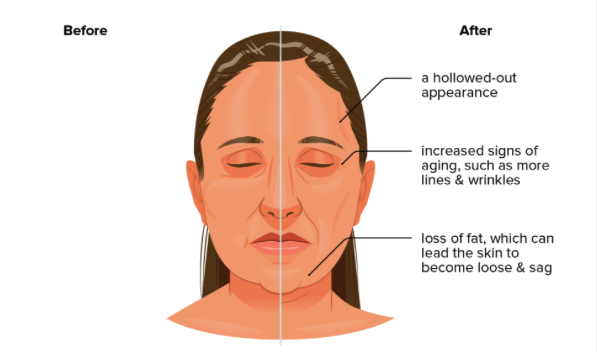
Understanding Side Effects
- People who take Ozempic experience certain side effects and assume it's the Ozempic causing these side effects. However, the side effects are often not from the medicine itself. Because Ozempic diminishes the appetite, people tend to eat a certain way when they take Ozempic, and it's the way they eat that causes these side effects. When people constantly skip meals and indulge in unhealthy snacks, this can lead to problems. This is regardless of whether they're taking Ozempic or not.
- "Ozempic Face" is a common side effect of the medication. Technically, it doesn't only happen on the face. It also happens on other body parts, but people tend to focus on the face since it is the most noticeable.
- The long-term impact of Ozempic on various body systems is still being studied. Understanding these potential effects is crucial when considering its prolonged use.
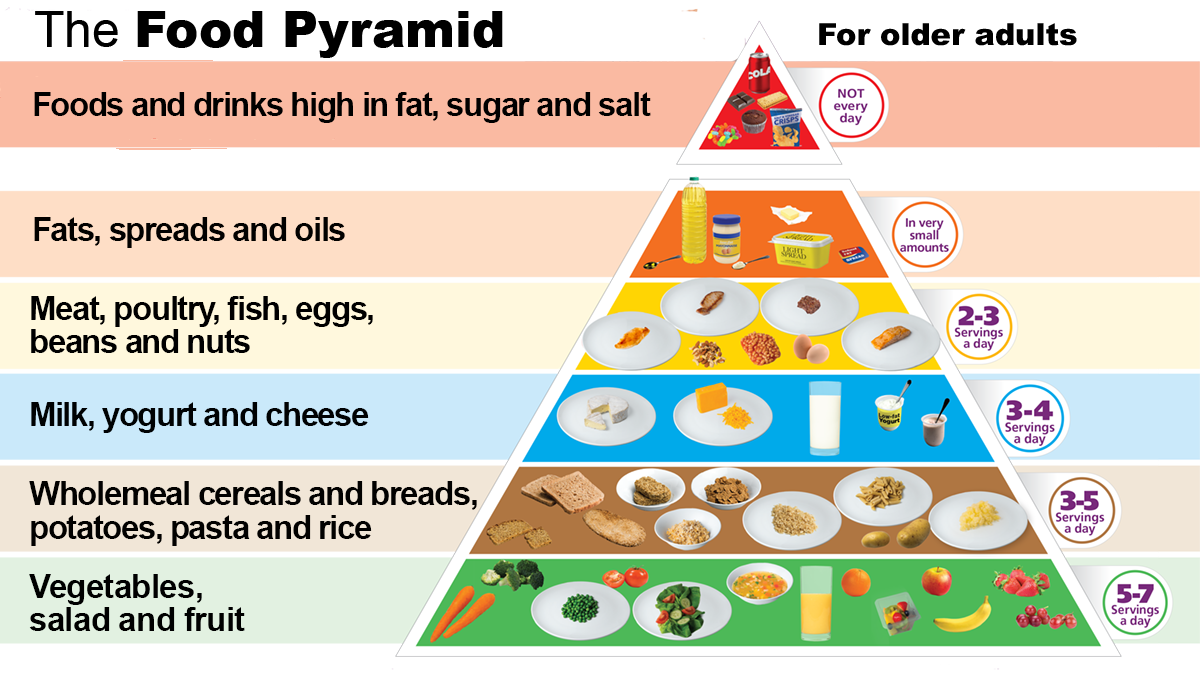
Preventing Problems
- Balanced Nutrition: While Ozempic can help suppress appetite, focusing on a well-balanced and nutritious diet is crucial. Aim to include a variety of whole foods such as fruits, vegetables, whole grains, lean proteins, and healthy fats in your meals. This balanced approach ensures you receive essential nutrients while managing your calorie intake.
- Regular Meals and Snacks: Eat regular meals and snacks throughout the day to maintain stable blood sugar levels. Skipping meals can lead to eating unhealthy foods later in the day. Plan your meals and snacks ahead of time to ensure you have healthy options readily available. Avoid prolonged periods without eating and opt for smaller, more frequent meals.
- Prioritize Protein: At least two meals a day should contain protein to prevent the so-called "Ozempic face," caused mainly by a lack of protein and calories.
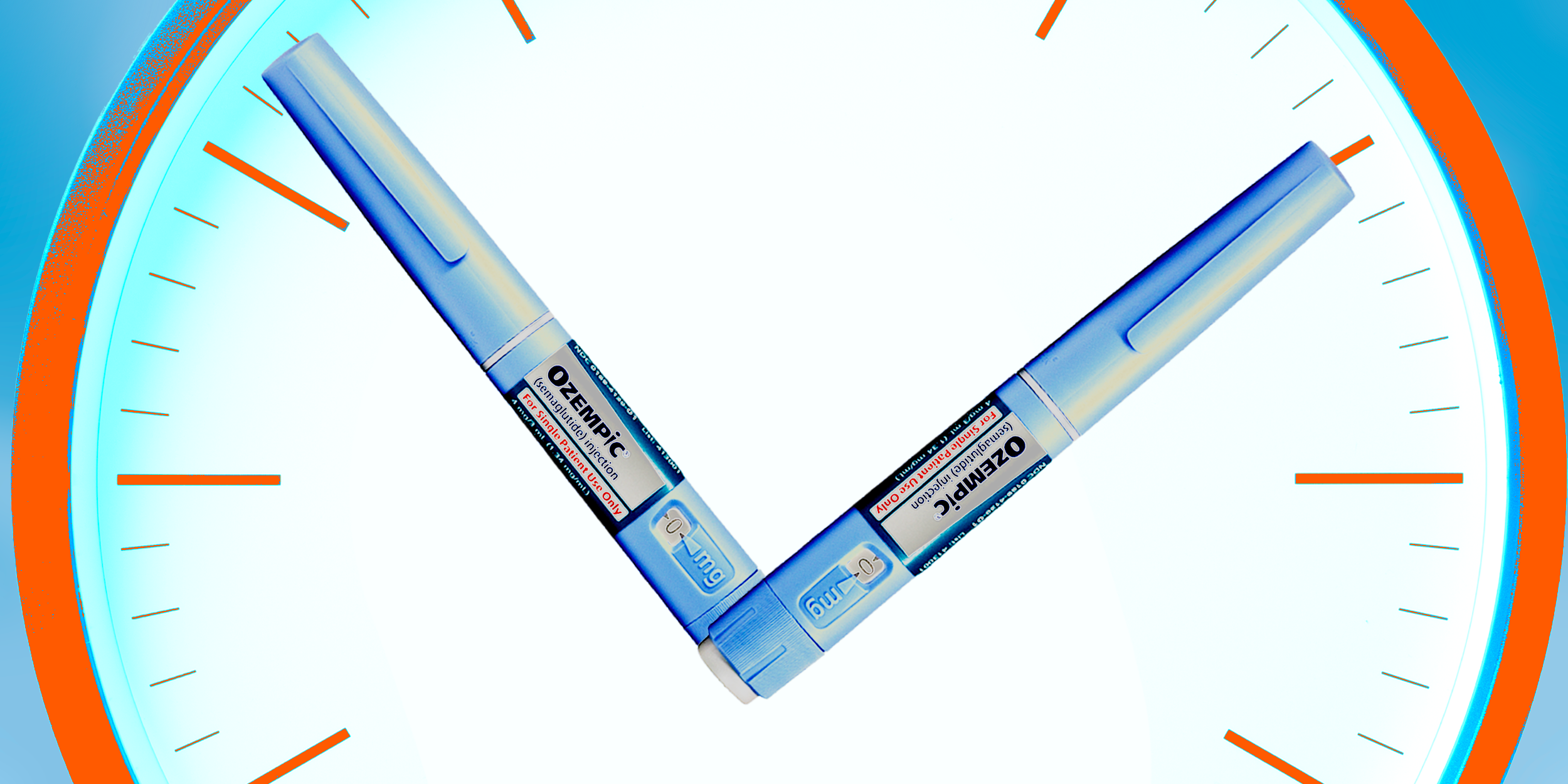
Timing Considerations
- The specific day of the week you choose to take Ozempic can impact its effectiveness.
- Many people consume more food on weekends. This is the main thing to consider when choosing which day of the week to take Ozempic.
- Some people are better off taking Ozempic before the weekend; this way, their appetite is decreased, and they can prevent themselves from overeating.
- Most people, however, will overeat on the weekend anyway and, therefore, experience side effects of nausea, indigestion, and stomach pain if they were to take it before the weekend. Therefore, those people might be better off taking it after the weekend.
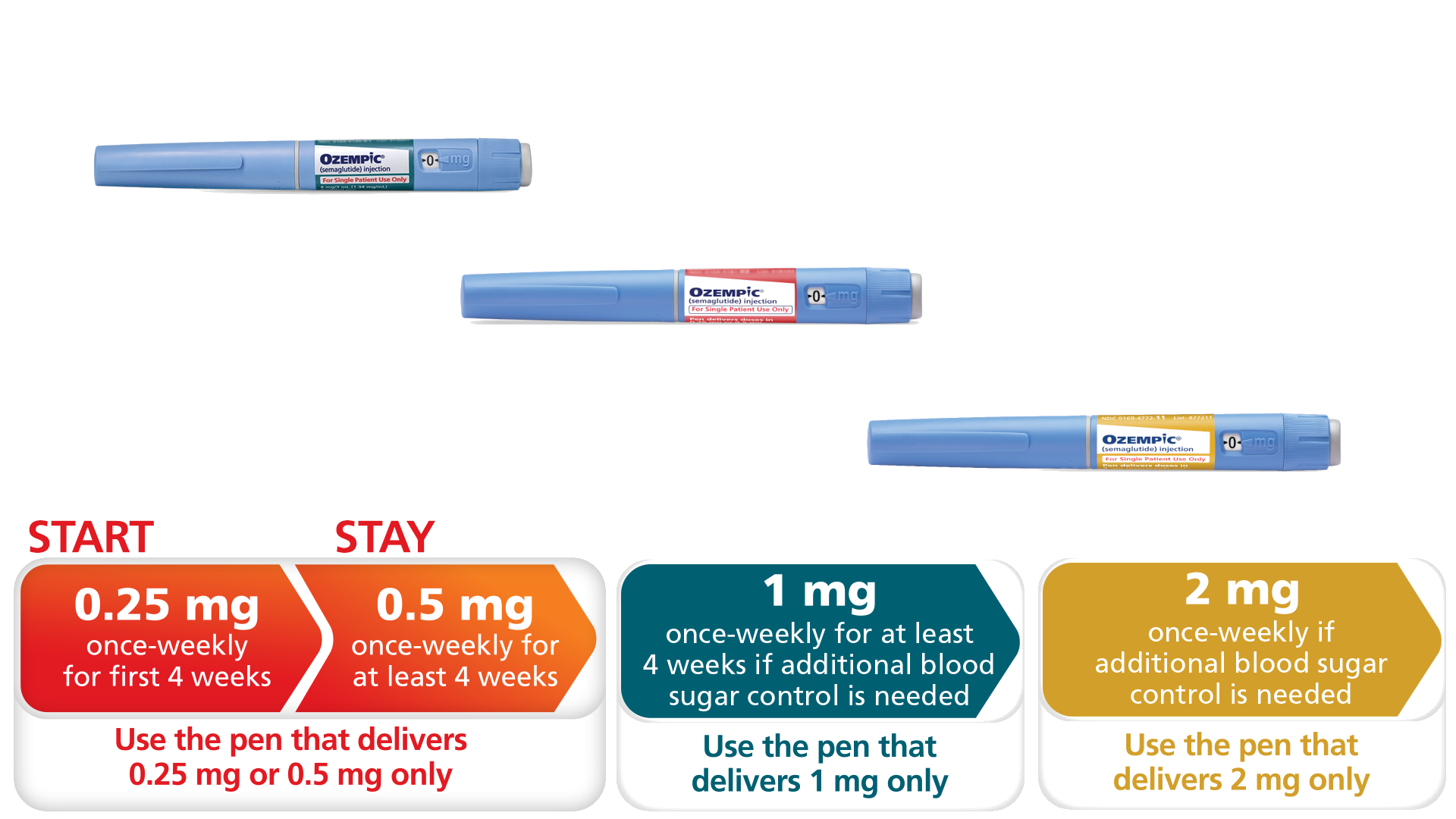
Dosage and Medication Use
- Proper Dosage is Crucial: It's essential not to take a higher dose of Ozempic than needed, as higher doses come with increased risks.
- Choose a Balanced Approach: Work closely with a doctor who neither strongly advocates nor discourages the medication.
- Regular Monitoring is Key: Closely monitor your progress and any potential side effects. This information can help your doctor make necessary adjustments to your dosage, ensuring your safety and well-being throughout the treatment.

Managing Your Appetite
- One of the significant benefits of Ozempic is its ability to suppress the appetite, making it easier for individuals to stick to a healthier eating plan.
- When dieting in general not with Ozempic, people often make a point to choose diet-friendly foods like eggs, chicken, and vegetables. These foods are easy to avoid overeating. Certain other foods are healthy, like nuts, light string cheese, and certain protein bars, that people might avoid because they have a hard time controlling their portion sizes.
- While on Ozempic, the decreased appetite might make someone uninterested in eggs, chicken, and vegetables, and they might impulsively start eating cake. They tend to forget that there are countless foods "in between" chicken and cake. It is crucial to have menu options that are appetizing and healthy, and people should consider foods such as nuts that they might otherwise not include on a diet.

The Reality of "Quick-fixes"
- In the pursuit of weight loss, many people are tempted by the promise of quick fixes and shortcuts. However, the truth is that there are no magic solutions when it comes to dieting.
- Ozempic is just one among several medications available for weight management, alongside others like Wegovy and Mounjaro. There are also various fad diets, such as keto, intermittent fasting, liquid diets, etc. While some might consider these approaches as shortcuts, it's essential to note that there's a spectrum of outcomes regarding their efficacy.
- Ozempic stands out among these approaches due to its considerable potency, both in its positive and negative aspects. It is a powerful tool, and our focus on Ozempic stems from its unique strength compared to other approaches. Understanding its potential benefits and drawbacks is crucial in making informed decisions about weight management.
- Quick fixes can include weight-loss surgery, fad diets, medicine, or supplements that promise rapid weight loss. While these methods may yield immediate results, they are rarely sustainable unless you make the effort to change the way you live your life.
- Such approaches can lead to nutritional imbalances, muscle loss, and a cycle of yo-yo dieting, where lost weight is regained once normal eating patterns are resumed.
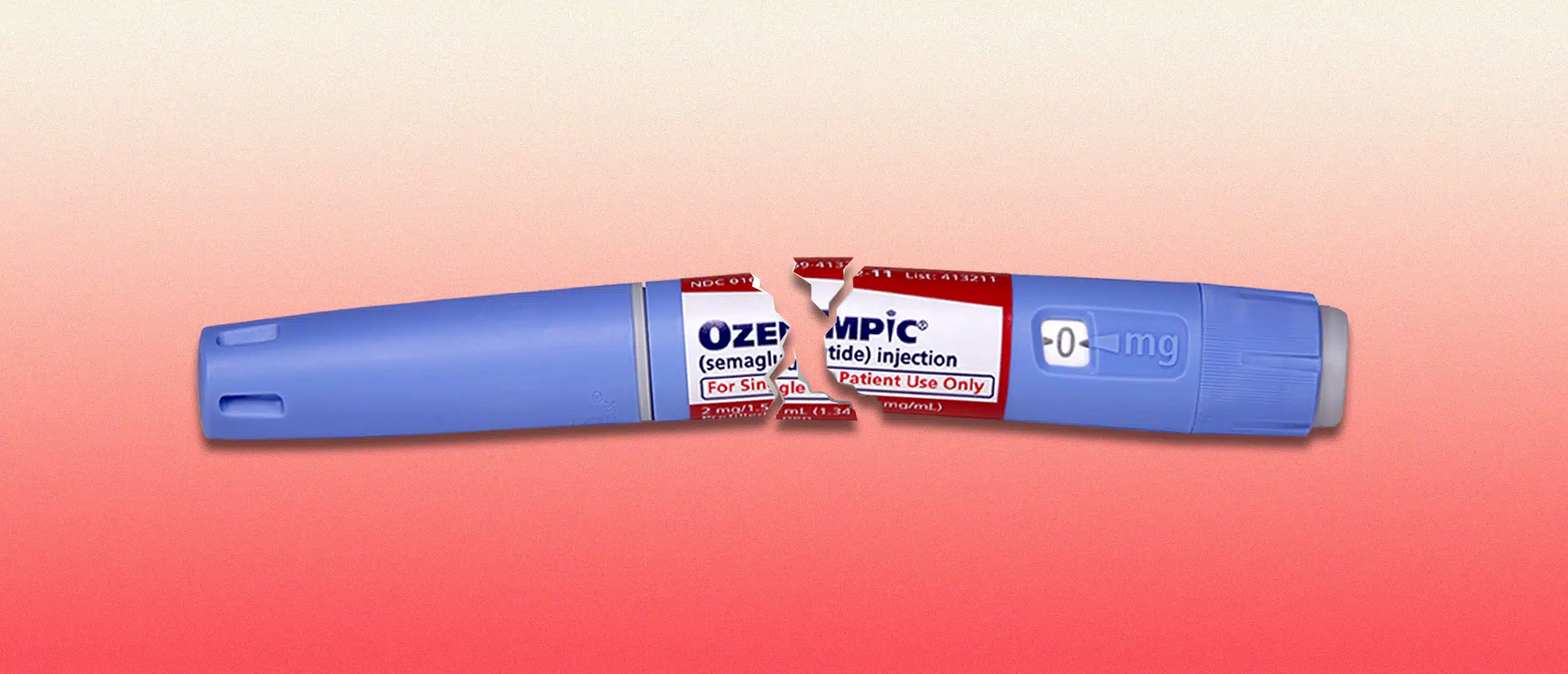
Going off Ozempic
- Before making any decisions about discontinuing Ozempic, consult your dietitian. They can assess your current health status, review your progress, and provide personalized guidance to slowly get you off the medication.
- Do not stop Ozempic cold turkey. Suddenly stopping Ozempic can lead to rapid weight gain and withdrawal symptoms, including nausea, dizziness, and headaches. Gradually tapering the dose allows the body to adjust more smoothly, minimizing the risk of weight gain.
- Work with a registered dietitian to develop a balanced and sustainable eating plan. Focus on whole, nutrient-dense foods, incorporating a variety of fruits, vegetables, lean proteins, whole grains, and healthy fats. Avoid extreme diets or drastic calorie restrictions, as they are difficult to maintain long-term.

The Role of a Dietitian
- Dietitians work closely with clients to create personalized meal plans tailored to their needs, considering their health goals, preferences, and dietary restrictions. Unlike generalized advice, dietitians provide specific, actionable recommendations that align with the client's goals.
- They monitor the client's daily food intake, closely monitoring portion sizes, calorie intake, and nutritional balance. They help clients make informed choices, guiding them towards nutrient-dense foods while avoiding high-calorie, low-nutrient options.
- They comprehensively assess the client's medical history, lifestyle, and dietary requirements. By understanding the client's unique needs, dietitians can suggest temporary dietary modifications that might compensate for the missed Ozempic doses or manage their dosage if the medication is out of stock/they temporarily lose access to help them continue to lose weight.
- Dietitians are trained in pharmacology. They can recommend other medicines for people who lose access to their Ozempic and can also utilize these other medicines to help with the process of weaning off Ozempic.

Lifestyle Changes
- Incorporate regular exercise into your routine. Exercise helps improve insulin sensitivity, promotes weight loss, and supports cardiovascular health.
- Ensure you're getting enough sleep each night. Lack of sleep can affect insulin resistance and appetite regulation, making maintaining a healthy weight and blood sugar levels harder. Aim for 7-8 hours of quality sleep to support your overall health.
- Chronic stress can impact blood sugar levels. Explore stress management techniques such as meditation, yoga, deep breathing exercises, and hobbies that bring joy and relaxation. Managing stress effectively can positively influence your mental well-being and help you stop turning to food to unwind.
- Stay hydrated and drink plenty of water throughout the day. Staying hydrated supports overall bodily functions and can help control appetite, ensuring you don't confuse thirst with hunger.
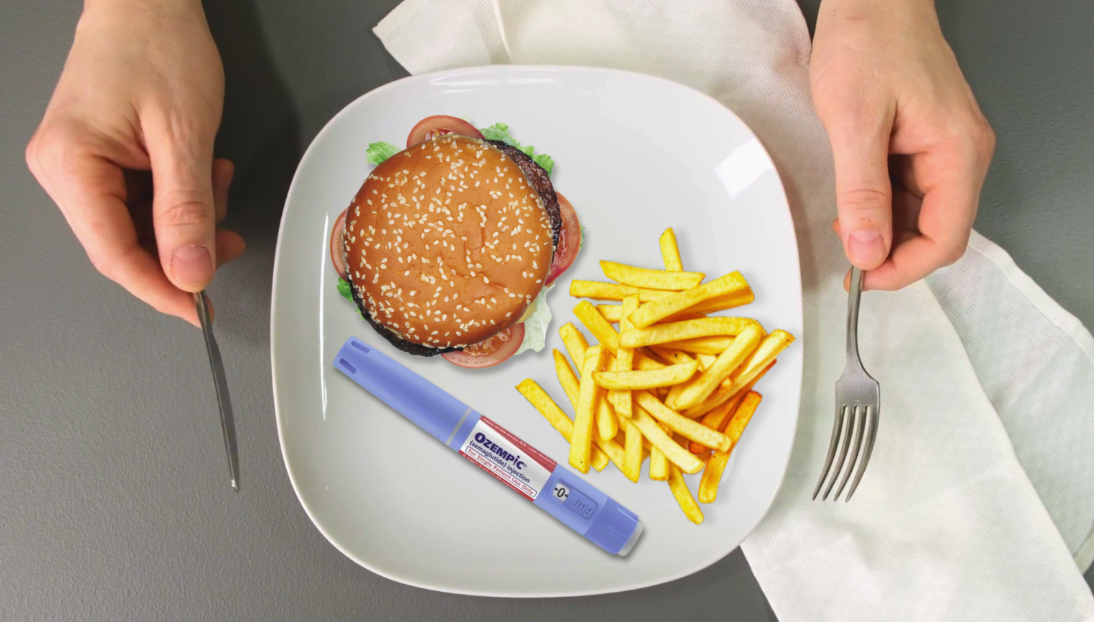
Drug Dependency
- The prospect of quick results with Ozempic might discourage individuals from making necessary lifestyle modifications. People may postpone improving their diet or engaging in physical activity, assuming the medication will handle their weight concerns entirely. View it as a tool that complements your efforts. Dependency on medication hinders our ability to develop healthy habits independently.
- People may fear going off Ozempic due to the fear of rebound weight gain. This fear can result in a dependency on the medication to maintain their weight, even when healthier lifestyle changes could support their long-term weight management goals.
- Individuals who have successfully lost weight with Ozempic might develop a dependency on the medication for their self-esteem and confidence. Managing weight without it may seem daunting, leading to a psychological reliance on its effects.

The Power of Ozempic
Ozempic is just one among several interventions available for weight management. Weight-loss surgery has been around for a while and has a lot in common with Ozempic. It only works when the person puts in the work, too. Various fad diets such as keto, intermittent fasting, and liquid diets are also very often attractive to people who are not willing to change the way they eat permanently. These trends represent different chapters in the ongoing quest for effective weight-loss solutions. While some might consider these approaches as shortcuts, it's essential to note that there's a spectrum of results regarding their efficacy. The outcome has very little to do with the person's biology and the science of the approach and mainly with the amount of work the person is willing to do.
Ozempic stands out in this landscape due to its considerable potency, both in its positive and negative aspects. It is a powerful tool, and our focus on Ozempic stems from its unique strength compared to other approaches. Relying solely on Ozempic without addressing lifestyle factors can create a cycle of dependency. Viewing the medication as a supportive tool rather than a permanent solution is essential.
No magic solution exists for weight loss; it ultimately boils down to your commitment to changing how you eat.
